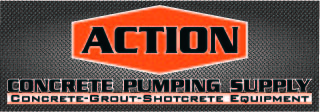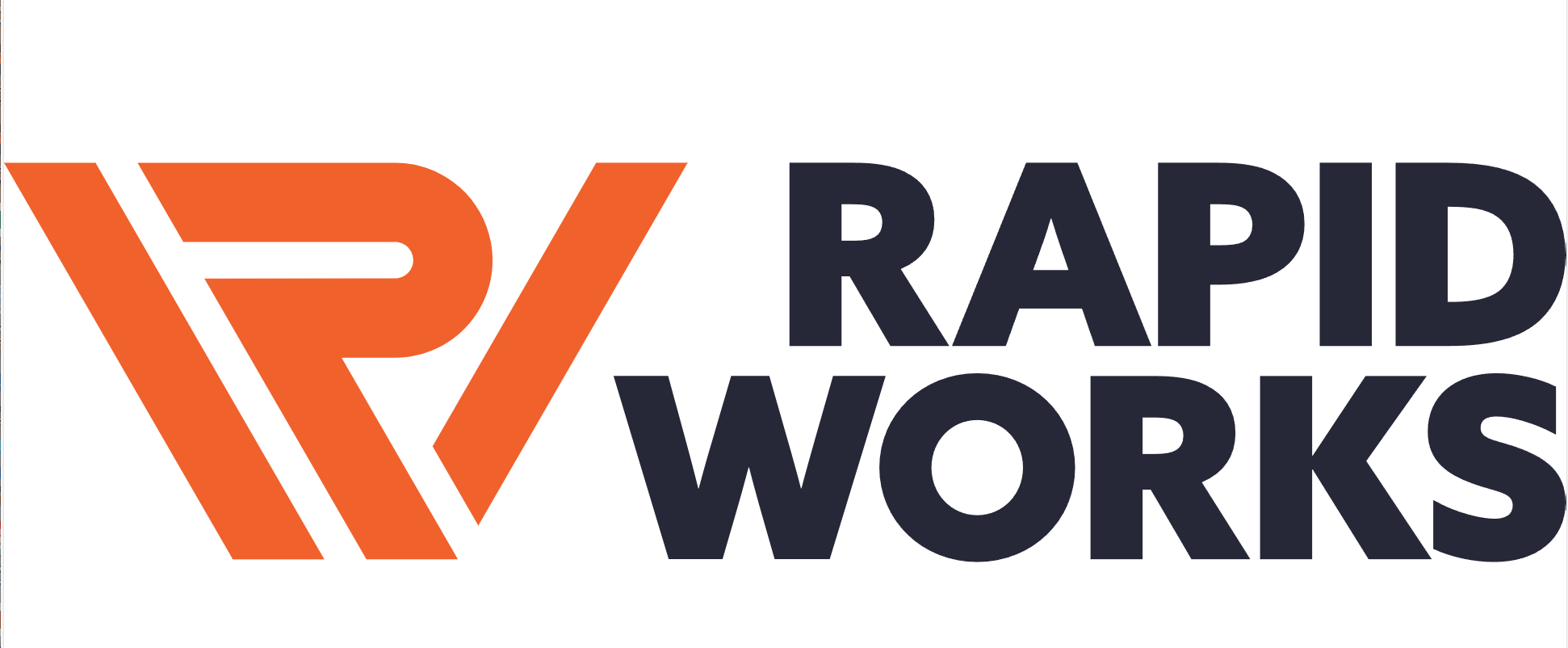| Bob | 09-08-2008 | comment profile send pm notify |
|
If you are going to purchase a generator set for emergency power consider this. Why not let the company buy[IRS EXPENSE ITEM] a new portable welder. Dollar for dollar you get more power for your money with a welder than you do with a generator. AND it has a use other than to sit and wait for the next storm. http://www.millerwelds.com/products/enginedriven/bobcat_250/ |
||
| pudg | 09-08-2008 | reply profile send pm notify |
|
that is what i ran on during the storm just do not try and run your whole house,there is a way if you get a double male 220 plug and plug to your dryer plug kill your main breaker you can run every thing but your central a/c but know what you are doing this can be very dangerous if your gen/welding machine isnt of high enough wattage you could potentialy burn your house down most houses you would need atleast a 13000 watt generator to run your house and the ac |
||
| Bob | 09-08-2008 | reply profile send pm notify |
|
I have mine hard wired to the house. It was done by a professional. We have no lights in the bedrooms and no oven wired in. The well and water heater and kitchen and living room and the 2 freezers in the basement are all good to go. The reason that I bring this up is because I bought a generator - for more money - and I STILL don't own a welder. Don't make the same mistake that I did!!! |
||
| Bob | 09-09-2008 | reply profile send pm notify |
|
Author We're in peak hurricane season and one of the problems faced by people in the path of such storms is the loss of electricity. Many businesses and homes have back-up generators at the ready, not just for hurricane season but year-round. But these machines are not without their hazards. So here's a Safety Talk to share with your workers on the dangers of fixed and portable generators and a few other safety considerations to be mindful of in the event of a power outage. A Warning on Electrical GeneratorsElectrical generators can save lives by maintaining heat, light, refrigeration and medical equipment during a power outage. But these devices also have hazards that you need to be aware of. Dangers of Permanent Standby GeneratorsA permanent standby generator is often wired directly into the building's wiring. If you work in a plant with a permanent standby generator, make sure you know of any duties associated with it. Only well-trained and authorized personnel should be assigned start-up duties. The explanation for this is that safeguards may be in place to prevent power from the utility system entering unexpectedly, and to prevent the generator from energizing the utility company's lines. Some standby generators must be started manually following a power outage. So if you're not trained, qualified or authorized, you shouldn't interfere with any of this equipment. Dangers of Portable GeneratorsPortable generators are also used at home and the workplace to power essential equipment during power outages. Improper installation and use can endanger occupants of the building, utility workers and others. When using a portable generator, follow these precautions:
How to Prepare for Power OutagesConsider these further suggestions for safety during a power outage: 1. Gather supplies. Stock your home with:
If a storm is on the way, keep your vehicle fuel topped up in case the gasoline pumps are without power. 2. Prepare a safe source of heat. Have a safe alternative way to heat your home in case of a power failure. Never use a barbecue for a heater because of the danger of carbon monoxide. If you do not have a way to keep your home warm enough, go to the home of a friend or relative, or check into a shelter until the power goes back on. ConclusionDuring hurricane season or any other part of the year, power outages can put you and your fellow co-workers or family members at risk of injuries. So it's essential to plan ahead about how you'd react in the case of a blackout. If your preparations involve the use of generators, understand the dangers involved and plan accordingly. Following the steps set out in this Safety Talk should result in making a power outage an inconvenience rather than a hazardous experience. |
||





















.jpg)
.gif)

.jpg)









.jpg)








